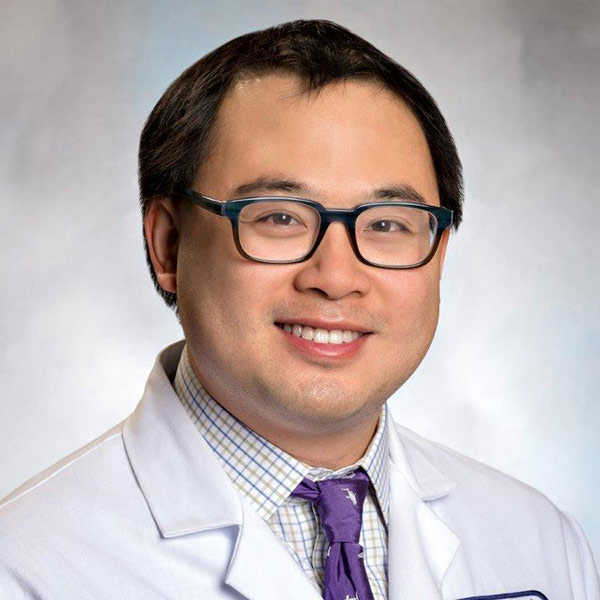Impact Story: Peter Chai, MD, MMS, FACMT

Peter Chai, MD, MMS, FACMT
2016 Medical Toxicology Foundation Innovative Research and Teaching Award Recipient
Grant Project: Protocol: Naloxone Distribution Patterns in Patients with a History of Heroin Abuse
Award Amount: $10,000
Funding Year: 2016
About Dr. Chai
Dr. Chai is an emergency medicine physician and medical toxicologist within the division of medical toxicology and department of emergency medicine at Brigham and Women’s Hospital. He is also jointly appointed within the Department of Psychosocial Oncology at Dana Farber Cancer Institute, the Koch Institute for Integrated Cancer Research at the Massachusetts Institute of Technology and the Fenway Institute. Dr. Chai is also a faculty member for the Harvard Combined medical toxicology fellowship at the MA-RI poison control center. His federally and industry funded research lab explores the application of individual level and population technologies to detect changes and develop behavioral interventions surrounding chronic diseases with a focus on substance use disorder.
Q: You were selected to receive the MTF Innovative Research and Teaching Award in 2016. What impact do you think this grant made in your research endeavors? Were you awarded other grants to continue this work?
A: The MTF grant was my first funded grant that really allowed me to learn about the research process and gain mentorship with faculty from my fellowship program. In the vein of my current work that develops different types of technologies around substance use disorder, the MTF grant gave me experience to allow me to start to apply for NIH funding.
Q. Can you tell me about something new and exciting that you are working on in the lab?
A: We recently were awarded an Avenir Award from NIDA which allows for “high risk/high reward” substance use and HIV related research. We are investigating the use of ingestible sensors to measure HIV pre-exposure prophylaxis adherence as a platform to deliver adherence skills in a predictive pattern before adherence occurs among individuals with substance use disorder. We also recently got a funded grant from NIAAA that will allow us to implement and study the use of ketamine infusions to increase retention in care for individuals in the ED seeking treatment for alcohol use disorder.
Q: You have also been very active within the College (Research Committee, ANTIDOTE Institute, Abstract review)? Can you share a little about why you chose to get involved?
A: I was lucky to receive mentorship and advice from many members of ACMT throughout my fellowship and now as a junior faculty member. I wanted to get involved to give back to ACMT and help develop the ACMT base of research.
"The MTF grant was my first funded grant that really allowed me to learn about the research process and gain mentorship with faculty from my fellowship program. In the vein of my current work that develops different types of technologies around substance use disorder, the MTF grant gave me experience to allow me to start to apply for NIH funding."
- Peter Chai, MD, MMS, FACMT
